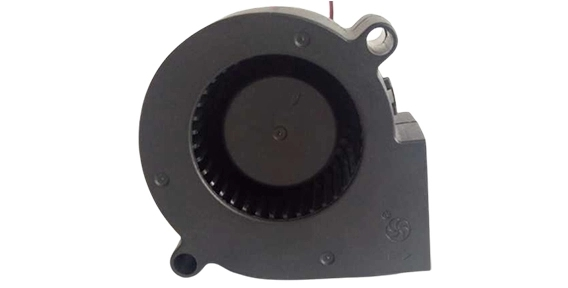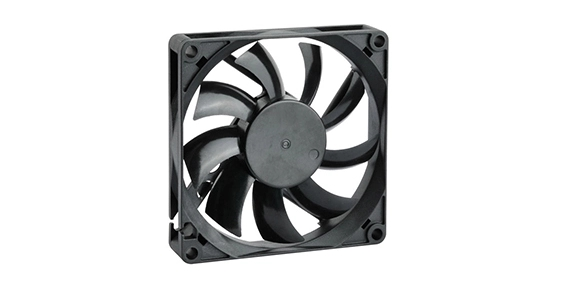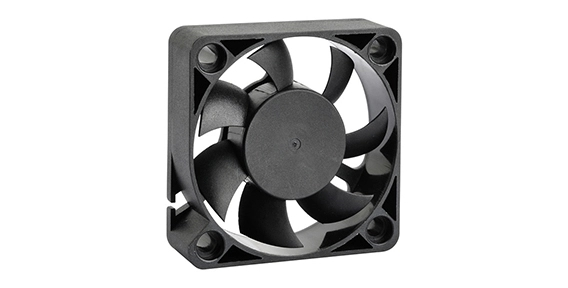Maintaining optimal cooling efficiency in a refrigerator is crucial for preserving the freshness and longevity of stored food items. One effective way to enhance the cooling performance is by incorporating additional 12V DC refrigerator fans into the setup. These fans not only improve airflow but also offer several advantages over their AC counterparts. In this article, we will explore the benefits of using 12V DC refrigerator fans, highlight the differences between 12V DC and AC fans, and provide insights on how to select the right fan for your setup.
Advantages of Using a 12V DC Refrigerator Fan
Improved Cooling Efficiency
The primary advantage of incorporating a 12V DC refrigerator fan is the significant improvement in cooling efficiency. These fans work by enhancing airflow within the refrigerator, distributing cool air more effectively and preventing stagnant pockets. As a result, food items are kept at optimal temperatures, reducing the chances of spoilage.

Energy Efficiency
Compared to AC refrigerator fans, 12V DC fans consume lower amounts of electricity. By utilizing a DC power source, these fans operate efficiently, minimizing energy wastage. This not only reduces your electricity bill but also contributes to a more sustainable and environmentally friendly household.
Reduced Operating Noise
AC refrigerator fans tend to generate more noise due to their design and power requirements. In contrast, 12V DC fans operate at lower voltages, resulting in quieter operation. By integrating these fans into your refrigerator, you can enjoy a more peaceful environment in your kitchen without compromising on cooling performance.
Differences between 12V DC Refrigerator Fans and AC Refrigerator Fans:
Power Source
The most evident difference between these two types of fans is their power source. 12V DC refrigerator fans draw power from a direct current, typically supplied by batteries or power adapters, while AC fans are powered by alternating current from a wall socket.
Energy Consumption
As mentioned earlier, 12V DC fans are significantly more energy-efficient than AC fans. The use of DC power ensures minimal energy wastage, making them an ideal choice for those seeking to conserve electricity and reduce their carbon footprint.
Flexibility of Use
Since 12V DC refrigerator fans can be powered by batteries, they offer greater flexibility and portability. This feature proves axial fan function during power outages or when using the refrigerator in remote locations without access to electricity.

How to Select the Right 12V DC Refrigerator Fan for Your Setup:
Size and Placement
Consider the available space within your refrigerator and choose a fan that fits appropriately. Proper placement of the fan, such as near the cooling coils or vents, ensures optimal airflow and cooling efficiency.
Airflow Capacity
Different fans offer varying airflow capacities. Assess the size of your refrigerator and the cooling demands to determine the appropriate airflow capacity needed. Opt for a fan that can efficiently circulate air throughout the refrigerator.
Noise Level
Check the noise specifications of the fan before purchasing. Look for fans with lower decibel ratings to ensure a quiet operation.
Durability and Reliability
Choose a fan made from high-quality materials that can withstand the conditions within the refrigerator. Look for durability features such as corrosion resistance to ensure long-lasting performance.
By adding additional 12V DC refrigerator fans to your setup, you can enjoy numerous benefits, including improved cooling efficiency, energy savings, and reduced noise. Moreover, these fans offer greater flexibility and portability compared to AC fans. When selecting a 12V DC refrigerator fan, consider factors such as size, airflow capacity, noise level, and durability. By making an informed choice, you can optimize the cooling performance of your refrigerator and enhance food preservation.

 EN
EN 

 +
+
 +
+
 +
+



